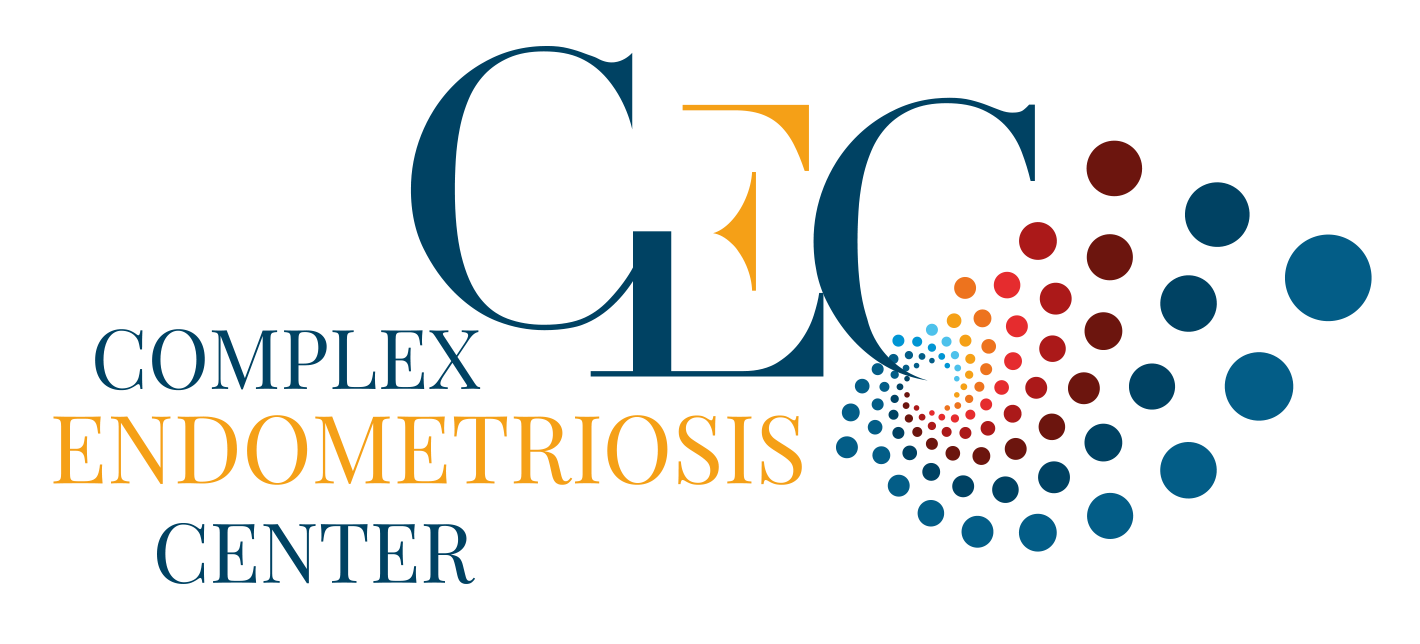Endometriosis is a chronic, often very painful gynecological disease that affects a large number of women worldwide. Despite hormonal and other treatment options, some cases may require surgery. But when does it become an emergency? To better understand this phenomenon, we've gathered expert advice and opinions from the Complex Endometriosis Center run by Professor Olivier Donnez.
Understanding endometriosis
Endometriosis is characterized by the presence of endometrial tissue outside the uterus, often on the ovaries, fallopian tubes or even the bladder. This tissue reacts to menstrual cycles, causing inflammation, pelvic pain and sometimes adhesions.
Menstrual pain is one of the most common symptoms of endometriosis. This pain can be mild in some women but severe in others, making day-to-day management extremely difficult.
Hormonal treatment is often the first line of defense against this disease. However, if these treatments fail to manage persistent symptoms, further evaluation may become necessary.
When should surgery be considered?
There are various reasons why an endometriosis patient might consider surgery. These include:
- Intense, continuous pelvic pain despite pharmacological treatment.
- Presence of endometriotic ovarian cysts detected by positive pelvic MRI.
- Intestinal or urinary problems caused by deeply infiltrating lesions.
- Pregnancy projects where surgery could improve the chances of conception, particularly in medically assisted procreation.
The decision to undergo surgery must be taken after a full assessment by a specialist. Professor Olivier Donnez recommends a thorough medical consultation before making any decision.
Emergency situations
Cyst rupture
One of the most critical endometriosis emergencies is the rupture of an ovarian cyst. This can cause severe pain and heavy bleeding. In such cases, complex surgery is often required immediately to stabilize the patient's condition.
This condition requires rapid intervention to avoid serious complications such as infection or peritonitis. Do not hesitate to consult your doctor promptly if you experience sudden, intense pelvic pain.
Intestinal obstruction
Another critical situation can be intestinal obstruction due to endometriosis adhesions. Symptoms include severe abdominal pain, vomiting and an inability to expel gas or stool.
In this context, "endometriosis surgery" can be vital to unblock the bowel and prevent more serious complications such as intestinal gangrene.
Hydronephrosis
Endometriosis can rarely lead to hydronephrosis, i.e. dilatation of the kidney due to obstruction of the urinary tract. This can cause severe pain and, without surgical intervention, lead to kidney failure.
Again, prompt surgical intervention can save kidney function and relieve debilitating symptoms.
The medical consultation: a crucial step
Before deciding on surgery, the Complex Endometriosis Center always recommends a thorough medical consultation. Consultations help determine the extent of the disease and discuss the best options for each patient.
Professor Olivier Donnez's team uses modern approaches and a variety of surgical techniques to ensure optimal results. Positive pelvic MRI is often used to accurately assess lesions prior to surgery.
Customized assessment
Every case of endometriosis is unique. A personalized treatment plan helps determine whether surgery is really necessary and, if so, what type of procedure would be most beneficial. This may involve laparoscopy or, in more complex cases, open surgery.
During the medical consultation, it's crucial to share all details about your persistent symptoms and treatment history. This ensures that doctors
have all the information they need to make an informed decision.
Conservative vs. radical surgery
Two main types of surgery are available to treat endometriosis: conservative and radical. Each has its advantages and disadvantages, and the choice often depends on the severity and extent of the disease.
Conservative surgery
Conservative surgery aims to remove or burn away the endometrial implants while preserving as much of the reproductive organs as possible. This option is generally preferred for women wishing to have children in the future.
This type of surgery can offer significant relief from menstrual and pelvic pain, with a relatively rapid recovery.
Radical surgery
In the most extreme cases resistant to other treatments, a hysterectomy (removal of the uterus) may be considered. This procedure not only removes the uterus, but sometimes also the ovaries and fallopian tubes.
This provides permanent relief from the persistent symptoms associated with endometriosis, but also entails a loss of natural fertility. The decision to undergo radical surgery must therefore be carefully considered and discussed in detail during a medical consultation.
Post-surgical recovery
After endometriosis surgery, a recovery period is necessary. Depending on the complexity of the procedure, this period can vary from a few weeks to several months. Strict adherence to post-operative recommendations is essential to promote optimal healing.
Medical follow-up
Regular follow-up with your doctor is crucial to monitor progress and detect any complications. Persistent symptoms should be reported immediately to assess the need for further intervention.
During this phase, hormonal treatment may be continued to reduce the risk of recurrence and help stabilize the menstrual cycle.
Emotional well-being
Undergoing surgery for endometriosis affects not only the body, but also the mind. Psychological support and discussion groups can be very beneficial during this delicate period.
Connecting with other women who have gone through similar experiences can provide a sense of community and highlight effective methods for managing the emotional and physical challenges of post-operative recovery.
In conclusion
Endometriosis is a complex disease that can seriously affect quality of life. Endometriosis surgery becomes an emergency when there are severe complications such as cyst rupture, intestinal obstruction or hydronephrosis. At Professor Olivier Donnez's complex endometriosis center, a personalized approach is essential to determine the need for intervention and ensure the best possible management.
